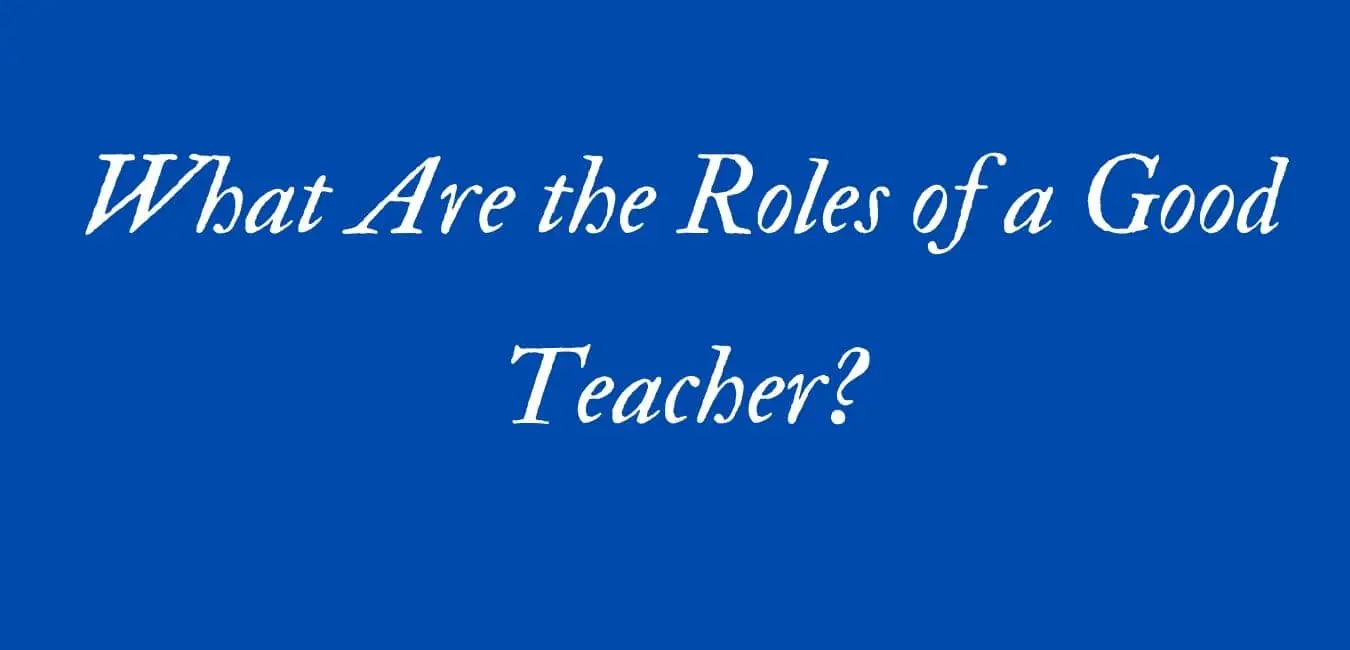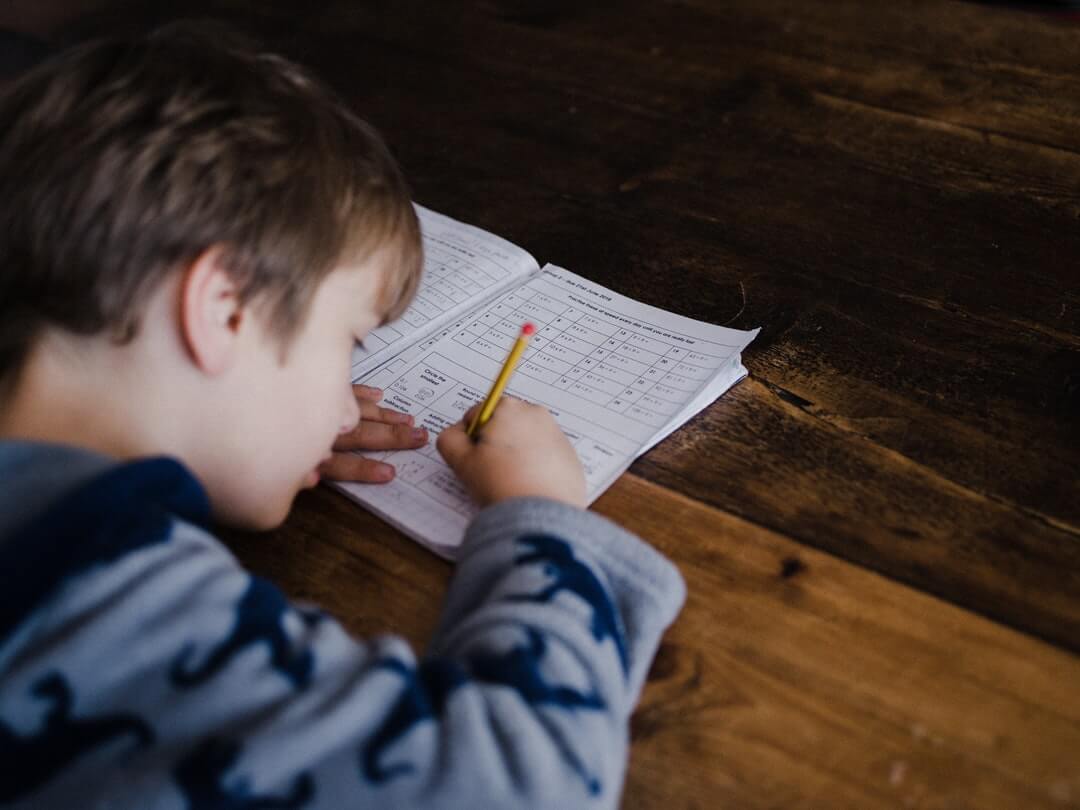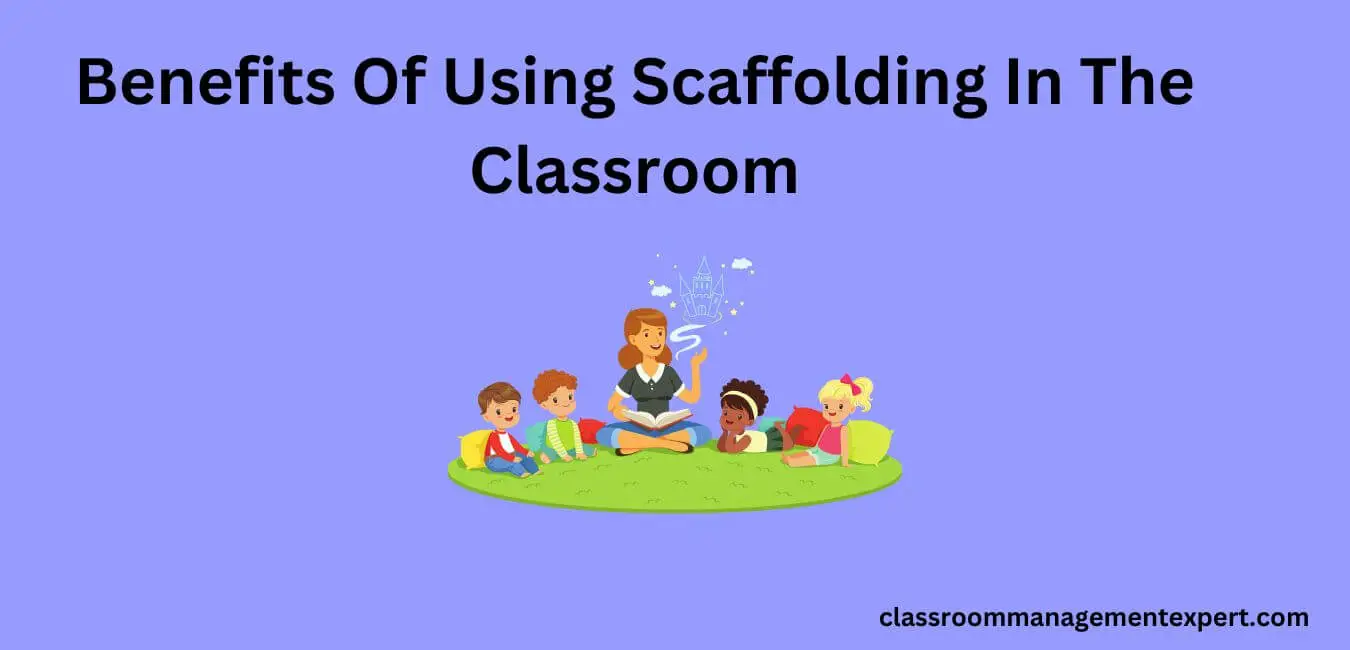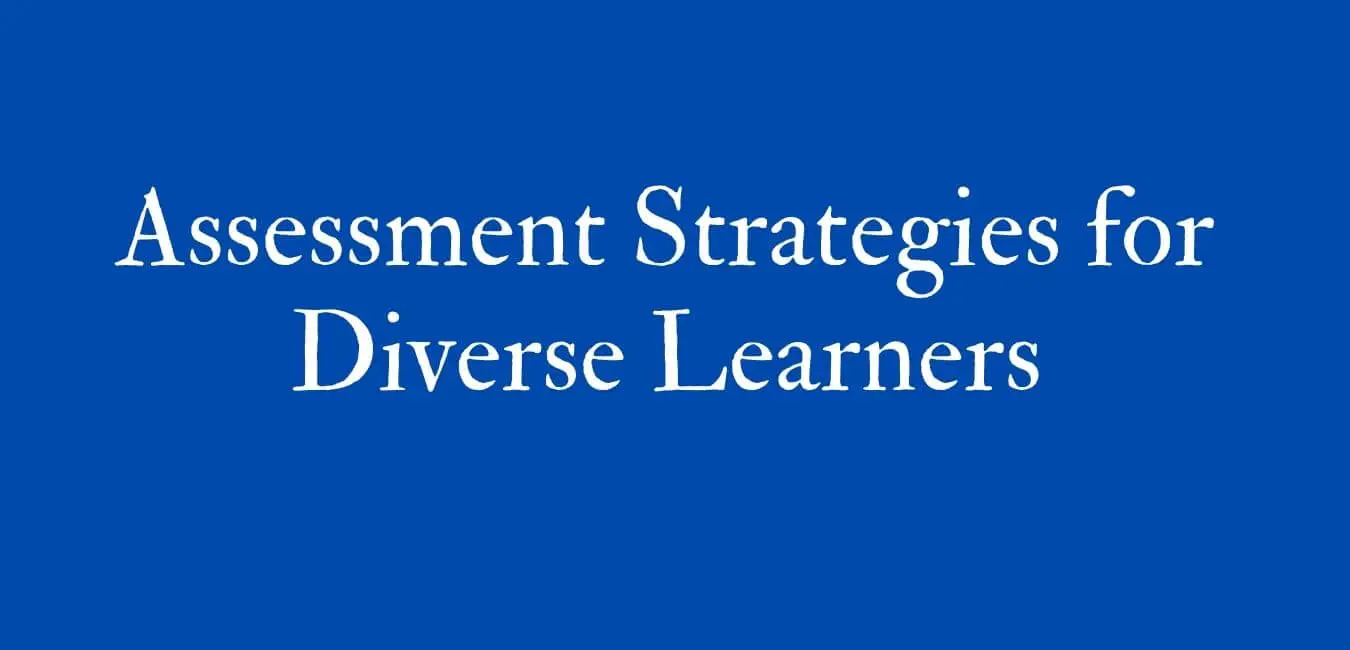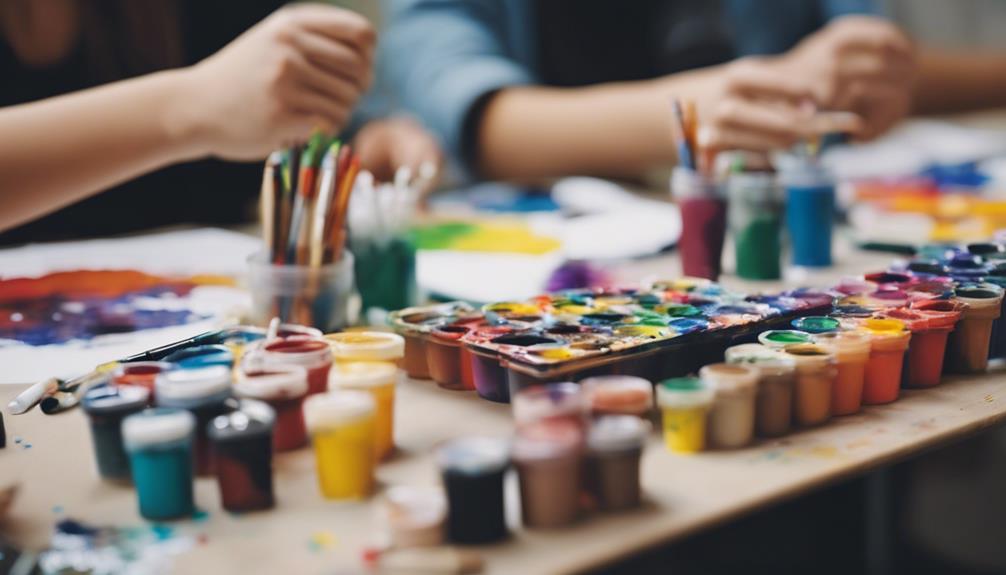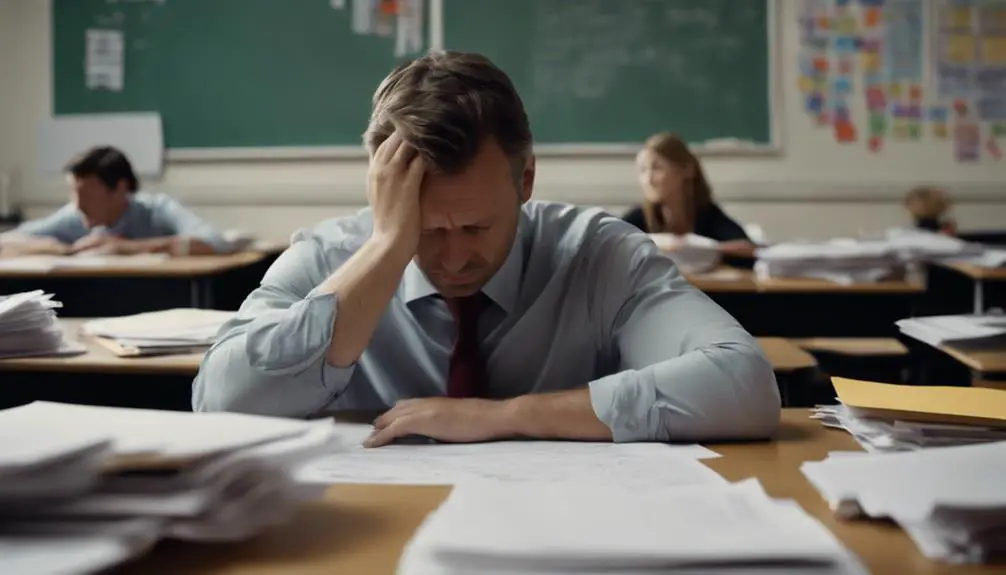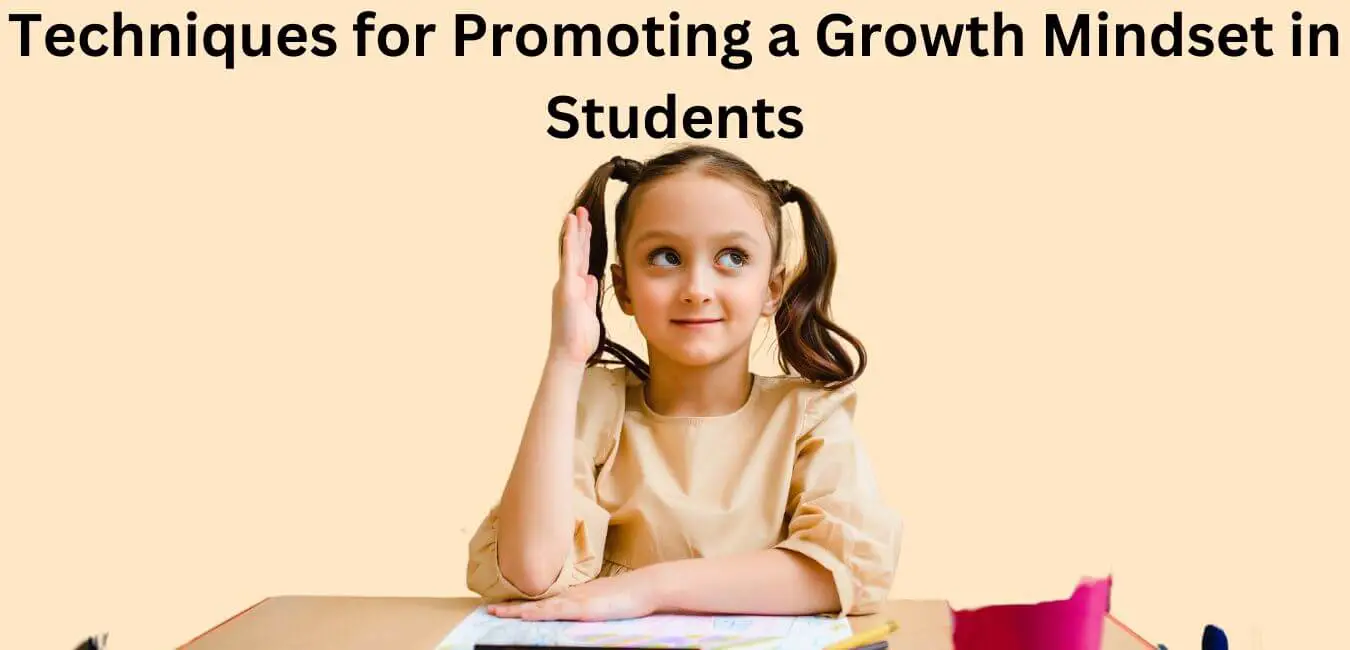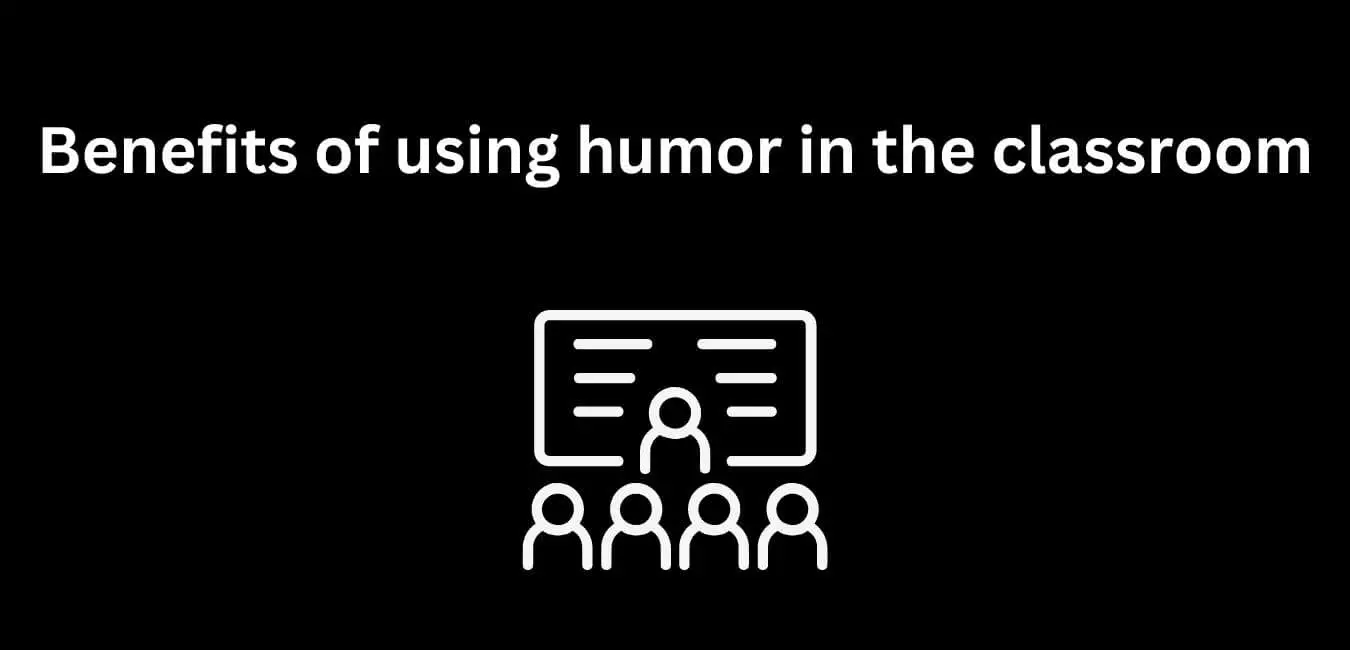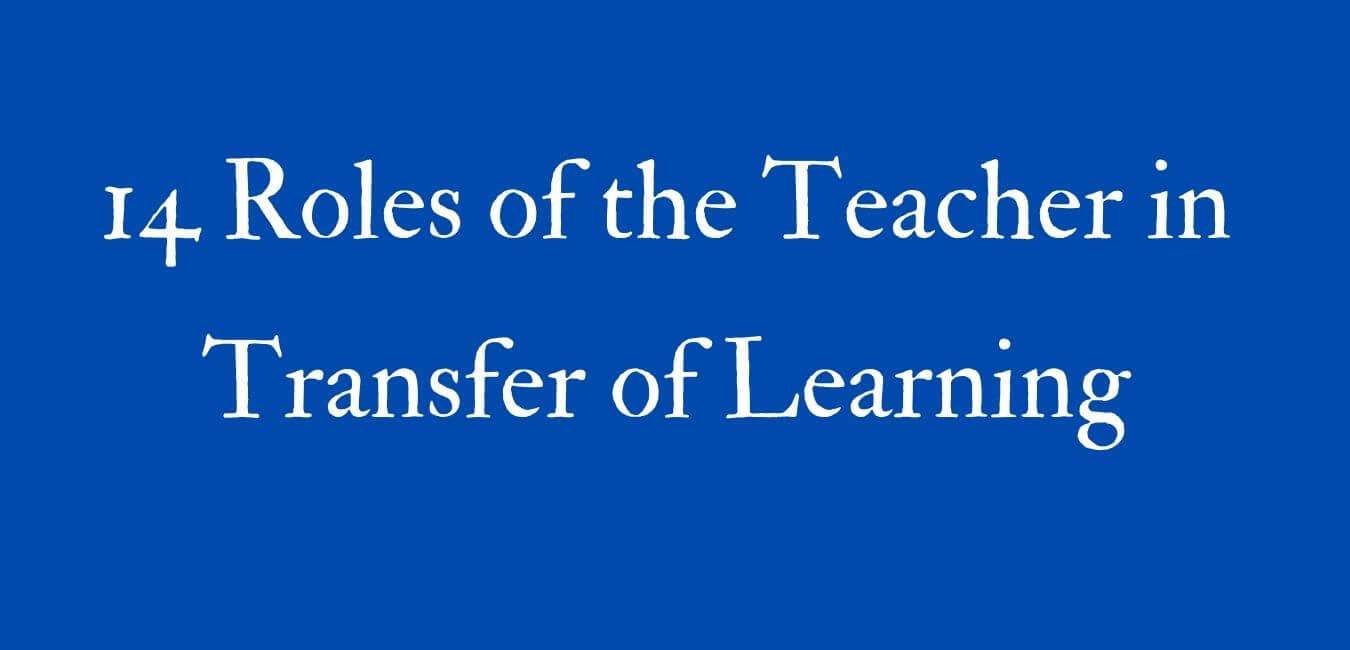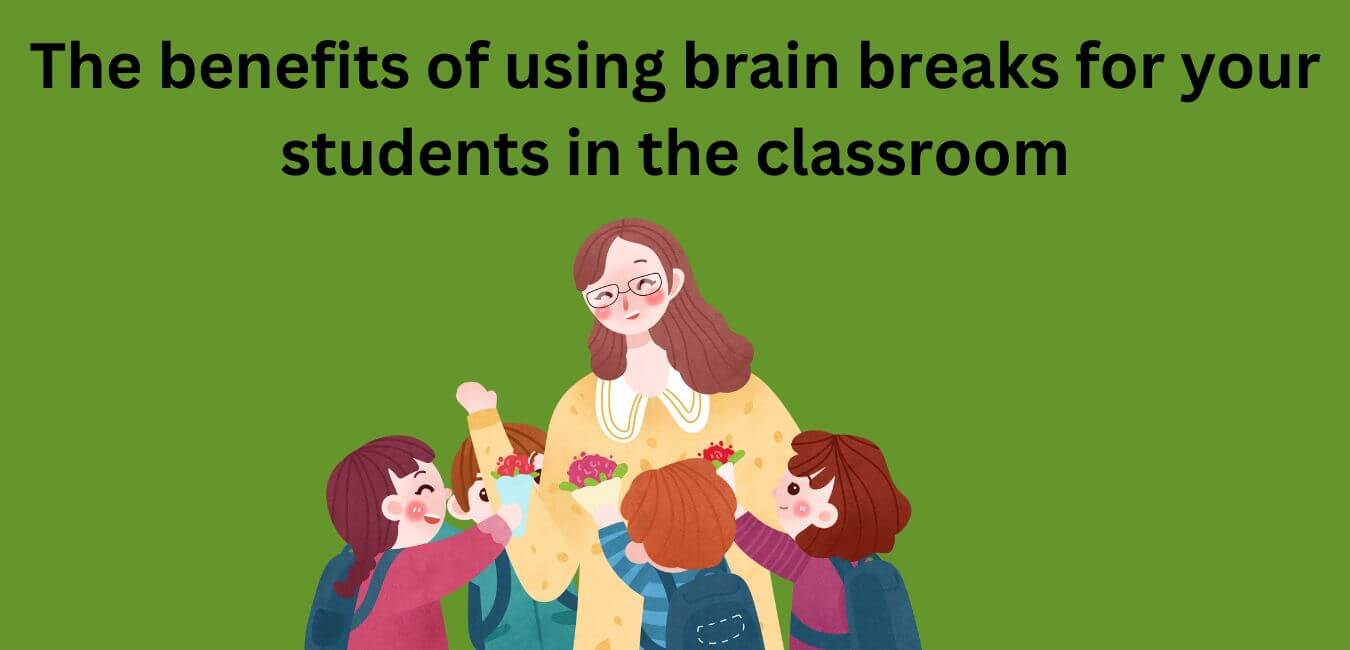A good teacher is essential for a successful education. A good teacher is someone who can fulfill many different roles in the classroom. They are a leader, a nurturer, a leader, a nurturer, a counselor, and more.
Teachers play a vital role in the education of their students and should be able to engage them in learning by using different methods and strategies. Good teachers are patient, creative, and have a strong desire to help their students succeed.
In this article, we will explore some of the roles played by good teachers in the classroom.
Stay around and let’s look at them.
The 14 Roles of Good Teachers in the Classroom
1) A Good Teacher is Patient With Students
It’s important that you remain calm when dealing with your student(s). It shows confidence and trust in yourself as well as your ability to teach others. When teaching children it helps if they feel comfortable around you so try not to get frustrated or angry at any point during the class.
Try to keep the atmosphere of the classroom relaxed, and fun for all involved. If you can do this then you will create a positive environment where everyone feels safe enough to learn new things.
Children need time to process information before responding to questions. Therefore, allow them plenty of time to think about their answers. This is especially true when working on tests that require long-term thinking skills. The more patient you are with students, the better chance there is of getting good results from them.
2) A good teacher is a role model
A good teacher sets a positive example for their students. So you must be a positive role model to your students if you want to be a good teacher. I have found that kids tend to copy what they see in other people.
If teachers set an example, then it will follow through into school life and eventually into adulthood. You are not there to only impart knowledge to your students, you also help shape their future in society.
You can do this by helping them find the right career path and making sure that they have a good foundation for life after college.
3) A good teacher is a motivator
A good teacher is a motivator, encouraging students to do their best. You must motivate your students to learn so that they can achieve great things later on in life. It’s all about shaping young minds into adults who know how to think critically and creatively.
This is why we need more than just education – we need training as well. We don’t want our children to become robots or machines; we want them to be able to adapt to any situation, no matter what happens around them.
Students always lose their motivation, good teachers always work to help get their motivation back. The most effective way of doing this is through the use of positive reinforcement and encouragement.
If you’re a bad teacher, it will show in your face, but if you are an excellent one, then you’ll have nothing to worry about!
4) A good teacher is a facilitator
A good teacher facilitates learning by providing a variety of teaching methods and materials. They are always ready to help their students with whatever they require at the moment.
The best teachers encourage student participation because it helps develop critical thinking skills. Teachers should also provide constructive criticism when required.
This will ensure that students learn from mistakes rather than being afraid to make mistakes in the future. Good teachers help students with homework as well as other assignments whenever possible.
5) A good teacher is a listener
A good teacher is a listener. They must be able to pay attention to their students and understand their needs in order to help them learn. Students need guidance, not just lecturing or telling what to do.
It’s important for teachers to show interest in their students by asking questions about their lives and interests. Teachers should also listen carefully, so they can better understand how their lessons are going over time.
Some of this listening may even involve having conversations with individual students if it seems like it would benefit them more than others. A good teacher will take the initiative when necessary because he/she knows that learning happens best through hands-on activities rather than sitting at a desk all day long doing nothing but reading books.
6) A good teacher is a leader
The role of a teacher is one that is filled with many different responsibilities. Though their job title may be teacher, they are really leaders in the classroom. They are responsible for the education and well-being of their students.
Teachers must set an example by being positive role models who encourage their students to succeed. Good teachers are also able to lead discussions about important topics such as bullying or drug abuse.
The most successful teachers not only know how to teach content material effectively but can motivate and inspire their students to learn more. In addition, effective teachers have strong communication skills so that they can convey information clearly to both their students and parents.
7) A Good Teacher is an Evaluator:
A good teacher must be able to evaluate their students’ progress and help them improve. Teachers should use tests to assess whether their students have mastered certain subject areas.
They also need to know how to differentiate instruction based on student needs in order to ensure each individual receives an appropriate amount of attention. Additionally, a good teacher will work with the school administration to identify ways to measure academic growth for all children.
This is especially important because not every child learns at the same pace or has similar learning disabilities. A good teacher knows what it takes to make sure all students are successful academically.
8) A Good Teacher is an Organizer:
A good teacher is an organizer, keeping classes and materials organized. The ability to organize helps teachers plan their lessons ahead of time and allows them to better manage classroom activities.
It also makes lesson planning easier when there aren’t too many things going on in class at once. Teachers who can keep a clean desk, tidy bookshelves, and neat classrooms tend to be more effective than those with cluttered desks, disorganized shelves, and messy rooms.
9) A Good Teacher is a Coach:
One of the most important roles of a teacher is to be a coach. A good teacher must be able to motivate their students and help them set and achieve goals.
Teachers must also be able to provide support, feedback, and guidance. In order for teachers to do this effectively, they need to have an understanding of what motivates each student.
This will allow them to tailor their teaching style so that it matches the needs of every individual child.
10) A Good Teacher is an Encourager:
A good teacher encourages students to be creative and think for themselves. They should encourage children’s curiosity about the world around them.
The best way to teach these skills is by providing opportunities for children to explore new things in life, such as art projects or science experiments. Teachers can also use games and activities to help stimulate a child’s imagination.
These types of learning experiences are important because they give children more confidence when faced with problems later on in life.
11) A Good Teacher is a Questioner:
A good teacher is someone who can engage their students in thoughtful dialogue and help them develop into critical thinkers. There are many roles that a good teacher plays, but one of the most important ones is a questioner.
A questioner encourages their students to ask questions and think for themselves. This helps build self-confidence and allows students to learn from each other.
It is not only an effective way to teach reading and writing skills, but it is also very helpful for developing social skills such as communication, problem-solving, teamwork, etc.
12) A Good Teacher is a Mentor:
A good teacher mentors students by helping them develop their personal and academic skills. Good teachers should have high expectations for all their students, but they must also know how to mentor each student individually.
They need to give constructive criticism when necessary while still being supportive. This role requires that teachers take time out of their busy schedules to meet with individual students regularly in order to monitor progress towards personal academic or career goals.
It is important that the mentoring relationship not become too close, however; it should remain professional at all times. Teachers who are good mentors will encourage students to think critically about issues such as ethics, morality, values, etc. so that they can make informed decisions regarding their future careers.
They also help develop self-confidence and independence by encouraging them to explore new avenues for learning. Good mentors provide positive feedback to promote student growth and development.
13) A Good Teacher is a Collaborator:
A good teacher collaborates with students and other stakeholders to improve teaching and learning. This is a key component of the pedagogy in which teachers are trained. It involves sharing ideas, resources, information, knowledge, skills, experiences, and expertise.
A collaborative relationship between teachers promotes cooperation among colleagues and facilitates access to relevant materials and information. Teachers should be aware that collaboration can also involve conflict.
Students may not always agree on what they want or need from their education. In addition, some parents do not welcome change and prefer traditional approaches to instruction.
Thus, there will likely be disagreements over how best to teach certain subjects or implement strategies. Collaboration is a two-way street; it requires both teacher and student participation and commitment.
14) A Good Teacher is Knowledgeable
A good teacher knows what he/she teaches well enough so that students can understand their lessons easily. He/She also has an understanding of the subject matter at hand.
This knowledge helps him/her make connections between concepts and helps them learn more effectively. It is important not just because it makes learning easier but also ensures that the student understands his lesson thoroughly.
However, it doesn’t mean they know everything. They may have to ask questions or seek help from other sources if they don’t get answers immediately. The key here is for teachers to be aware of this fact and use every opportunity possible to teach as much as they possibly can.
Find out more about how to become effective as a teacher here.
Conclusion
In any profession, there are key roles that must be fulfilled in order for the organization to run smoothly. Teachers are no exception. Though the role of teachers may vary depending on the level of education and the country in which they work, there are some common roles that all good teachers should fulfill. These include being a mentor, an educator, a motivator, a guide, a leader, etc. All these roles have their own responsibilities as well as duties. Therefore, if you want your students to excel in school, then you need to become one too!

